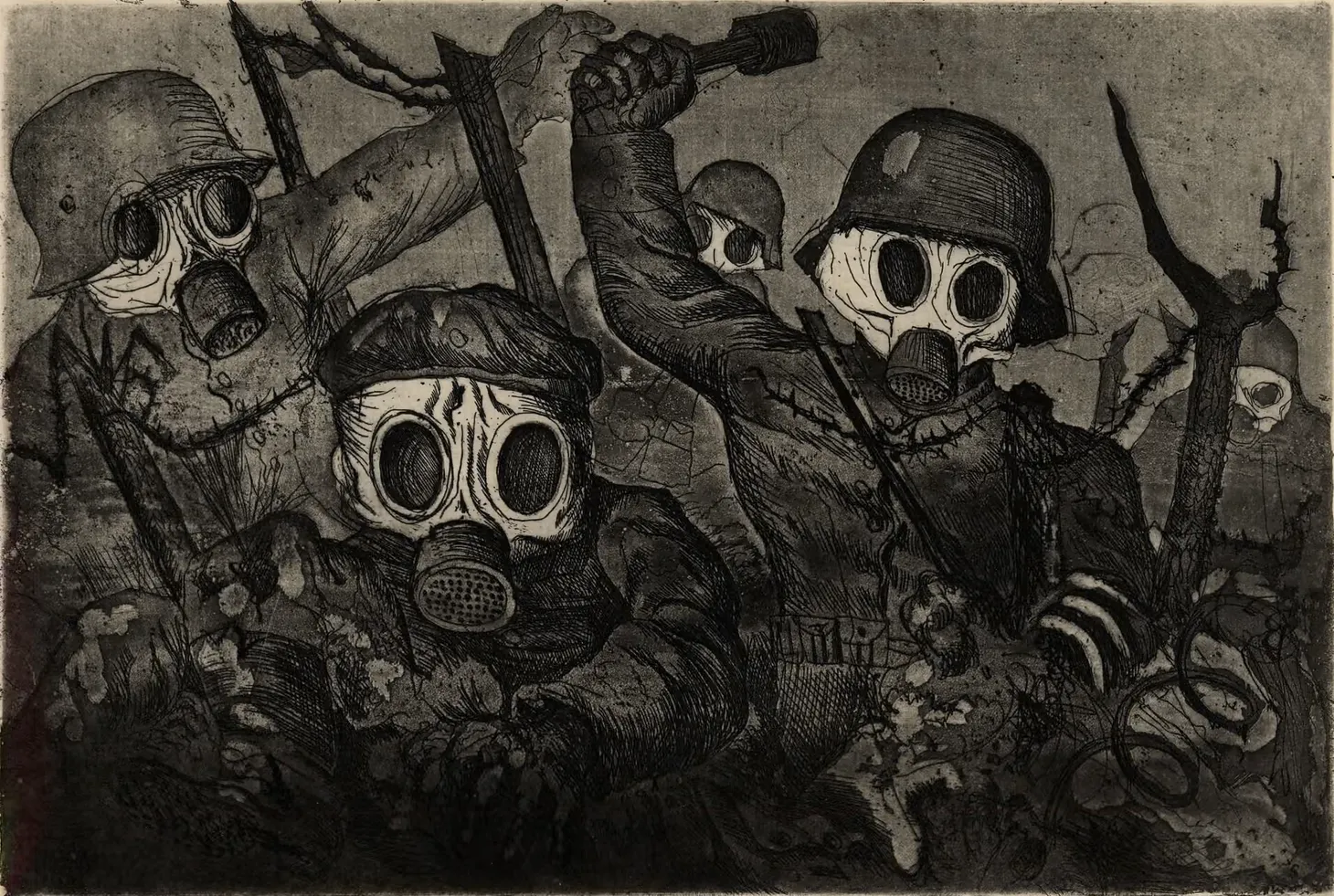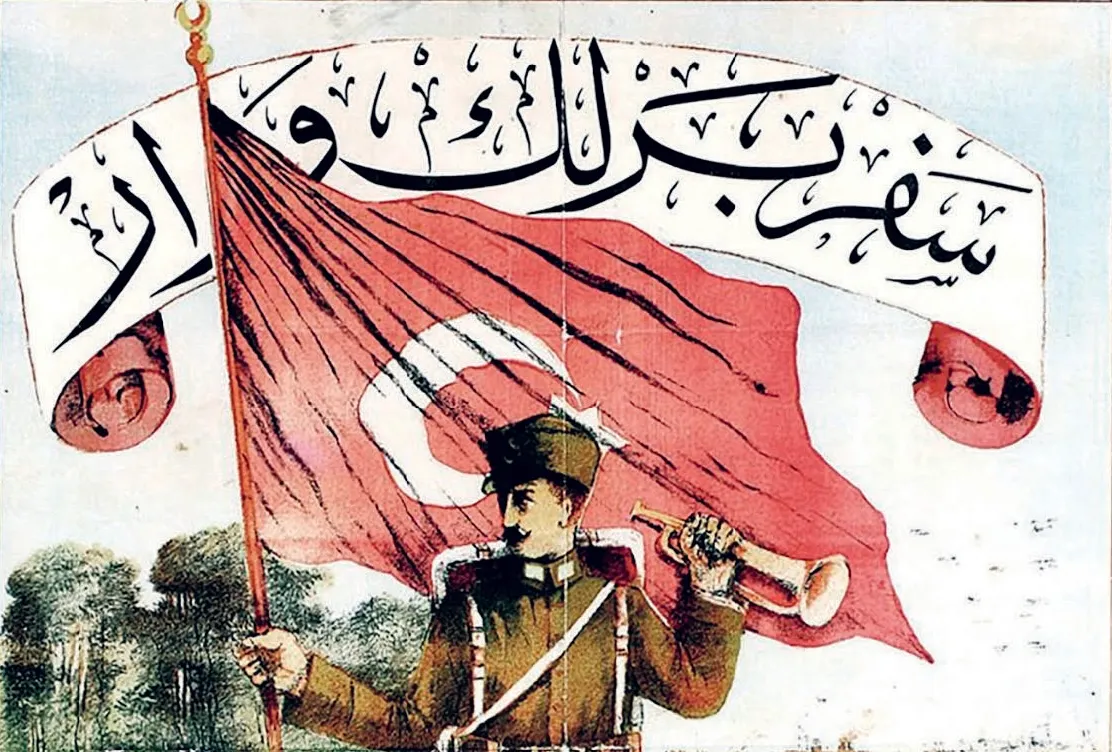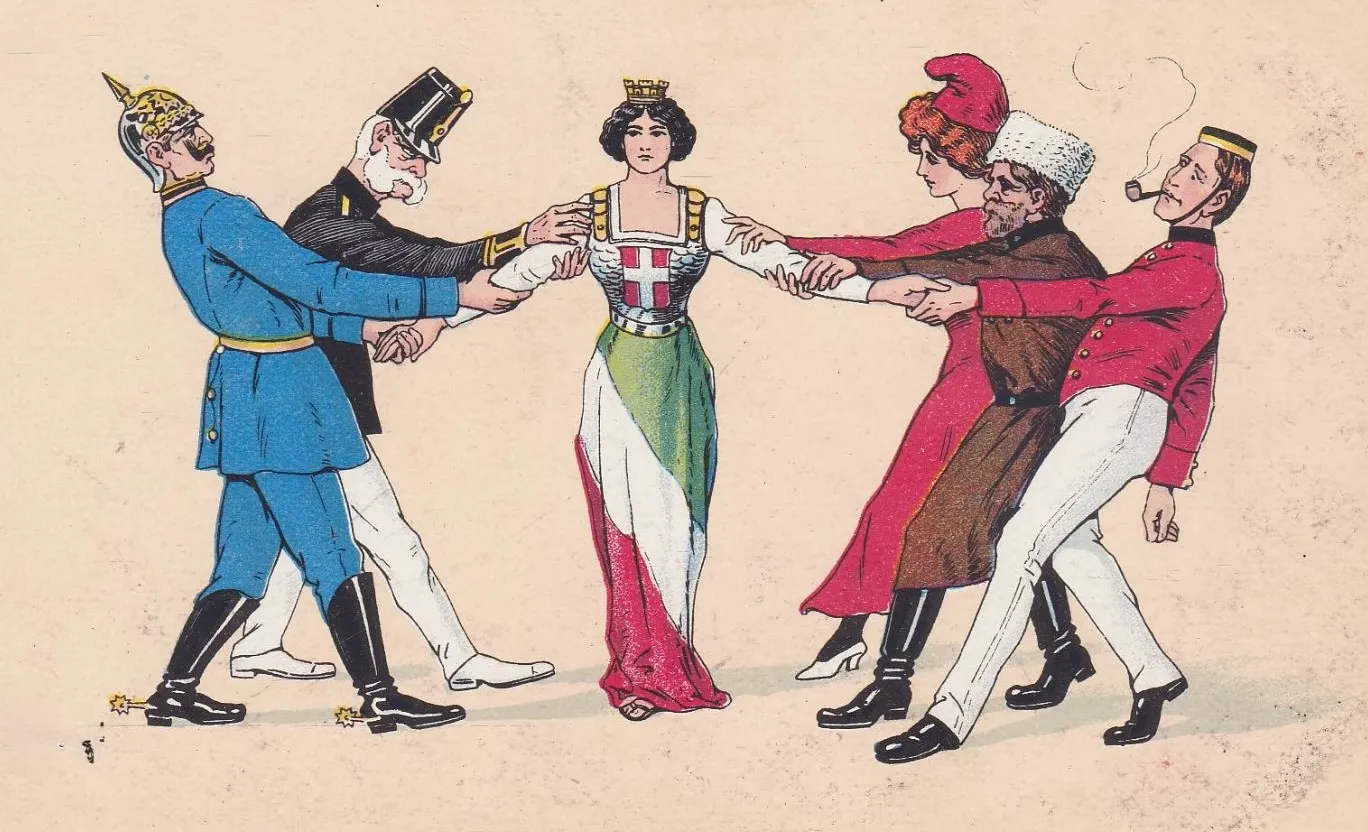“Everything Can be Done Peacefully and Without Force”: Queen Njinga and the Portuguese
Discussion of how local African rulers responded to Portuguese empire-building and the expansion of the transatlantic slave trade.
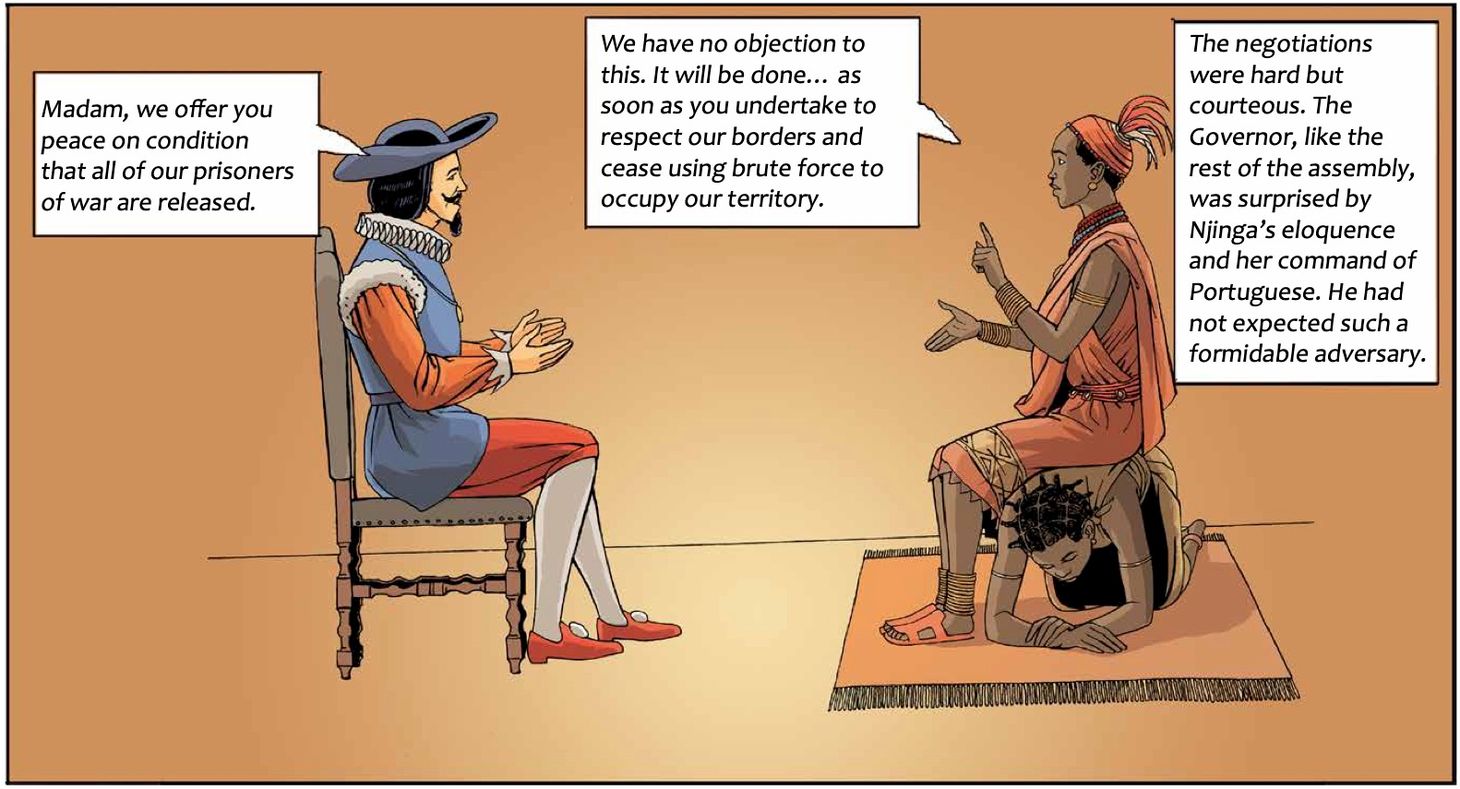
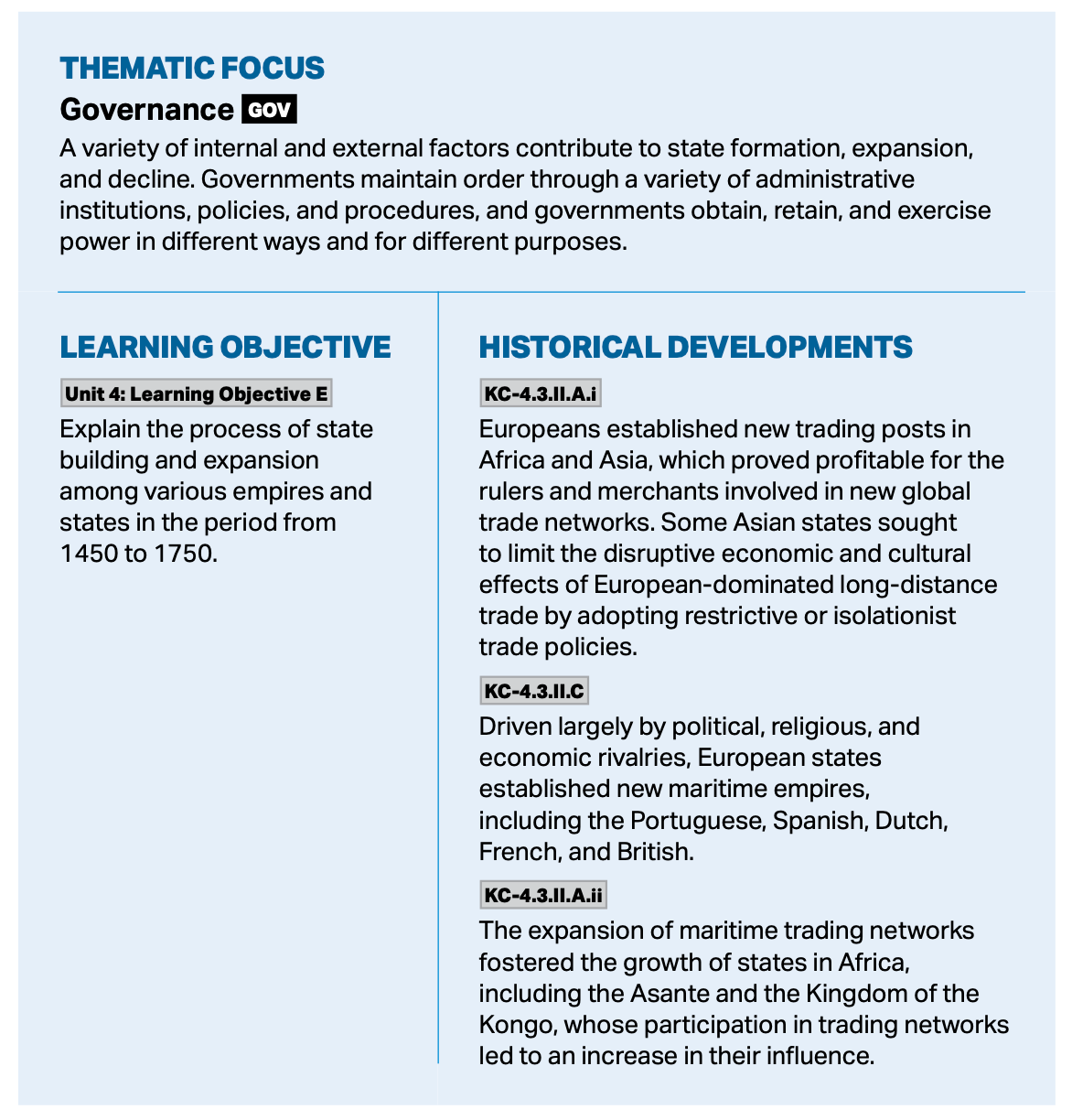
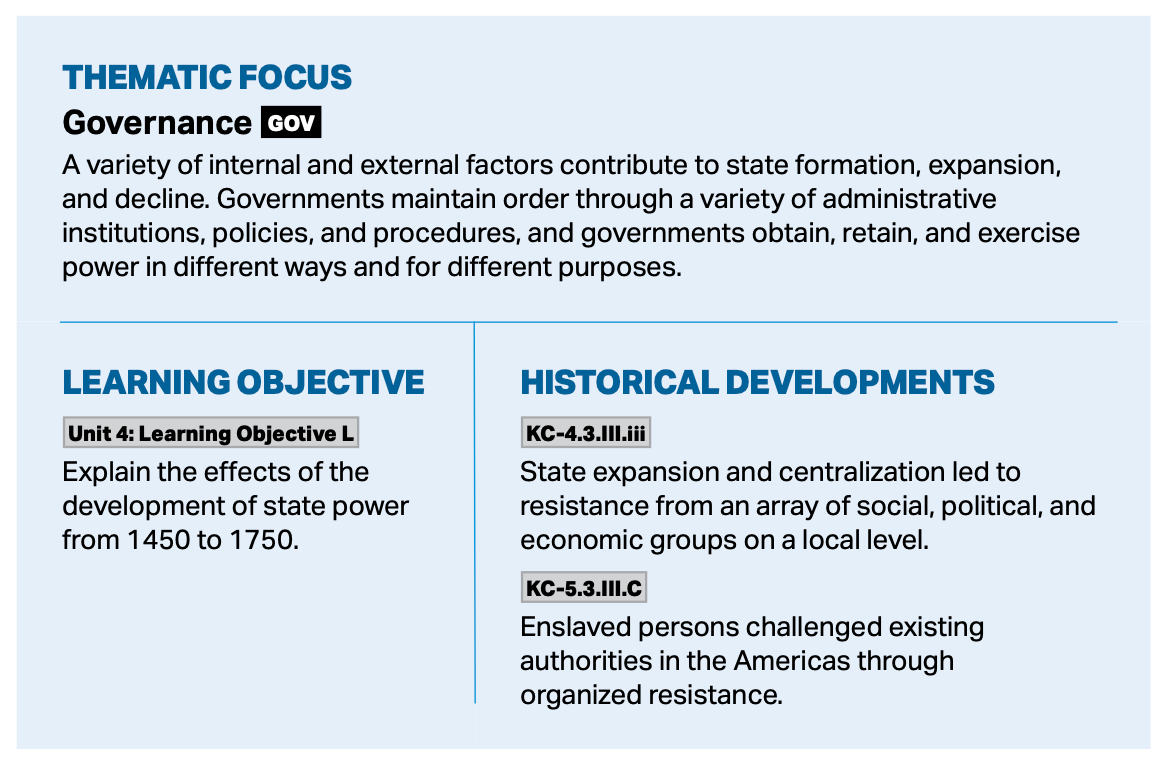
The development of Portuguese trading posts along the African coast and the steady expansion of the slave trade led to both cultural exchange and conflicts between the Portuguese and many local rulers. During the sixteenth and seventeenth centuries, rulers in the Kongo and Angola region welcomed Catholic missionaries and converted. Some rulers cooperated with the Portuguese and struggled for fairer terms in trading enslaved Africans. Other rulers responded to the Portuguese using different techniques, including armed resistance and diplomacy.
The Source
This Content is for Subscribers on the Buy Me Lunch and Buy Me Dinner tiers
SubscribeAlready have an account? Log in

